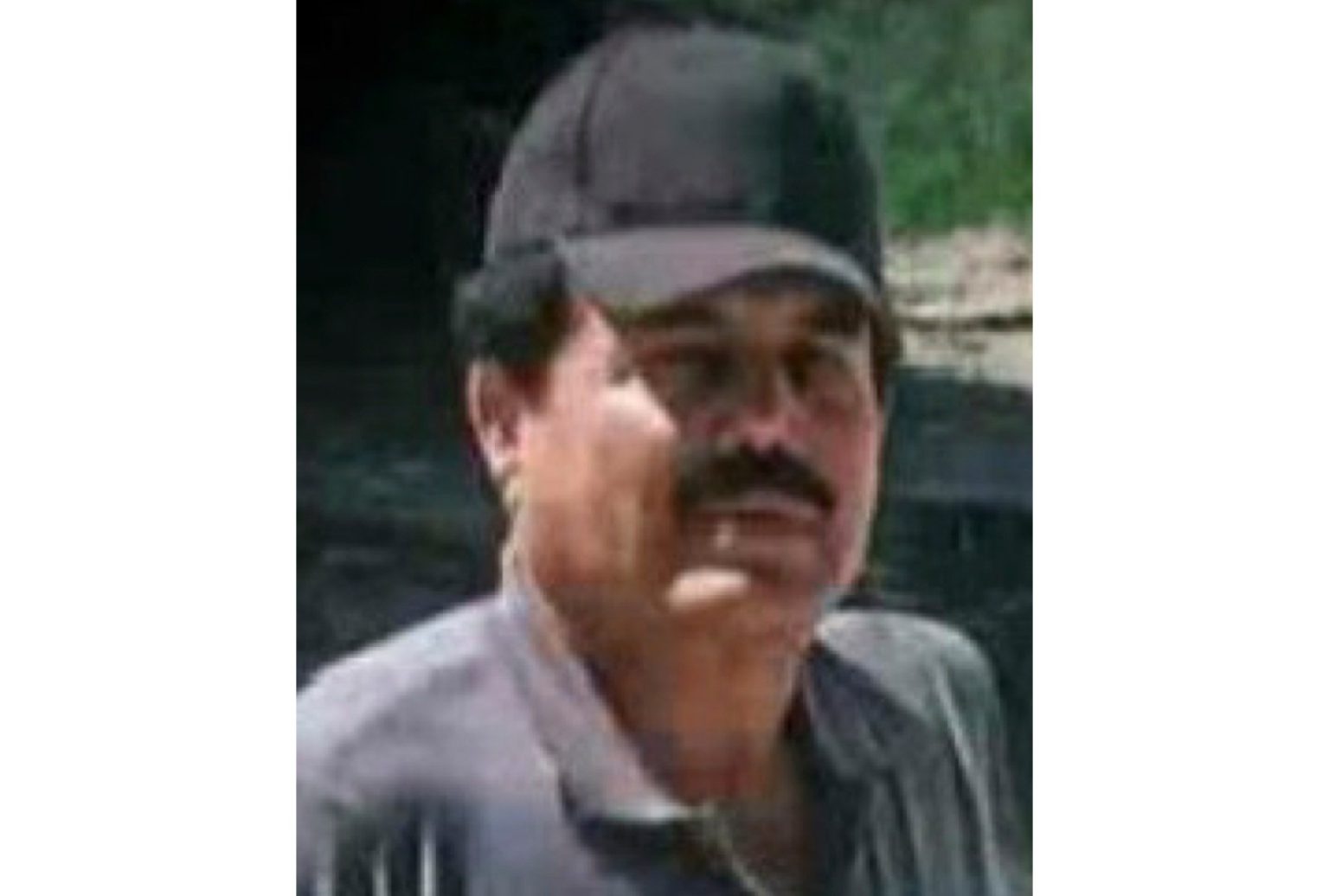Ismael “El Mayo” Zambada, a co-founder of Mexico’s Sinaloa drug cartel, recently pleaded not guilty to drug trafficking, murder, money laundering, and weapons charges in a New York court. The 76-year-old Zambada, who is considered one of the most powerful narcotics kingpins in the world, has been sought by law enforcement for more than two decades. Following his arrest and transfer into US custody in July, Zambada entered his plea to 17 felony counts and was ordered to be jailed pending trial by US Magistrate Judge James Cho in Brooklyn, New York.
Accompanied by fellow fugitive cartel leader Joaquin Guzman Lopez, the son of Mexican drug lord Joaquin “El Chapo” Guzman, Zambada landed in a private plane at an airport outside El Paso, Texas. Guzman Lopez is currently awaiting trial on drug trafficking charges in Chicago, while Zambada faces a separate indictment in Texas. The circumstances of Zambada’s capture have raised questions, with conflicting reports of a forced kidnapping versus a voluntary surrender after negotiations. Zambada described his capture as an abduction, adding to the confusion surrounding the incident.
Despite the controversy surrounding his capture, experts believe that the manner in which Zambada arrived in the US will have little impact on his criminal case. If convicted on all charges, Zambada could face a minimum sentence of life in prison and may be eligible for the death penalty. US prosecutors have labeled him as one of the world’s most notorious and dangerous drug traffickers, highlighting his use of heavily armed private security forces and hitmen to protect his empire and silence threats. The rise in criminal violence in Mexico, particularly related to drug trafficking and gang activities, has resulted in a significant number of casualties over the past decade.
Zambada’s arrest has coincided with a surge in violence in Culiacan, as different factions within the Sinaloa cartel vie for power in his absence. Mexican President Andres Manuel Lopez Obrador has urged the warring parties to seek peaceful ways to resolve their disputes to prevent further loss of life. Lopez Obrador emphasized the need for the cartel members to consider the impact of their actions on innocent civilians and their families. The ongoing violence in Mexico, fueled by drug trafficking and gang rivalries, continues to pose a significant challenge to law enforcement and civilian safety.
The extradition and prosecution of high-profile drug traffickers like Zambada represent a significant victory for law enforcement agencies and governments working to combat drug-related crimes. However, the resulting power struggles and violence within the cartels often lead to heightened tensions and security risks in affected areas. The trial of Zambada in US courts will closely scrutinize his alleged criminal activities and connections within the Sinaloa cartel, shedding light on the inner workings of one of the world’s most infamous drug trafficking organizations. As the legal proceedings progress, the impact of Zambada’s arrest and the ensuing violence in Mexico will continue to reverberate throughout the region.
In conclusion, Ismael “El Mayo” Zambada’s not guilty plea to multiple charges in a New York court marks a significant chapter in the ongoing fight against drug trafficking and organized crime in Mexico. His capture, alongside fellow cartel leader Joaquin Guzman Lopez, has led to a surge in violence and power struggles within the Sinaloa cartel, raising concerns about the safety and security of civilians in affected areas. As Zambada awaits trial in US custody, the legal proceedings will offer insights into his alleged criminal activities and connections within the drug trafficking world. The Mexican government, alongside international partners, continues to grapple with the challenges posed by drug-related violence and criminal syndicates, emphasizing the importance of cooperation and law enforcement efforts in combating these threats.













